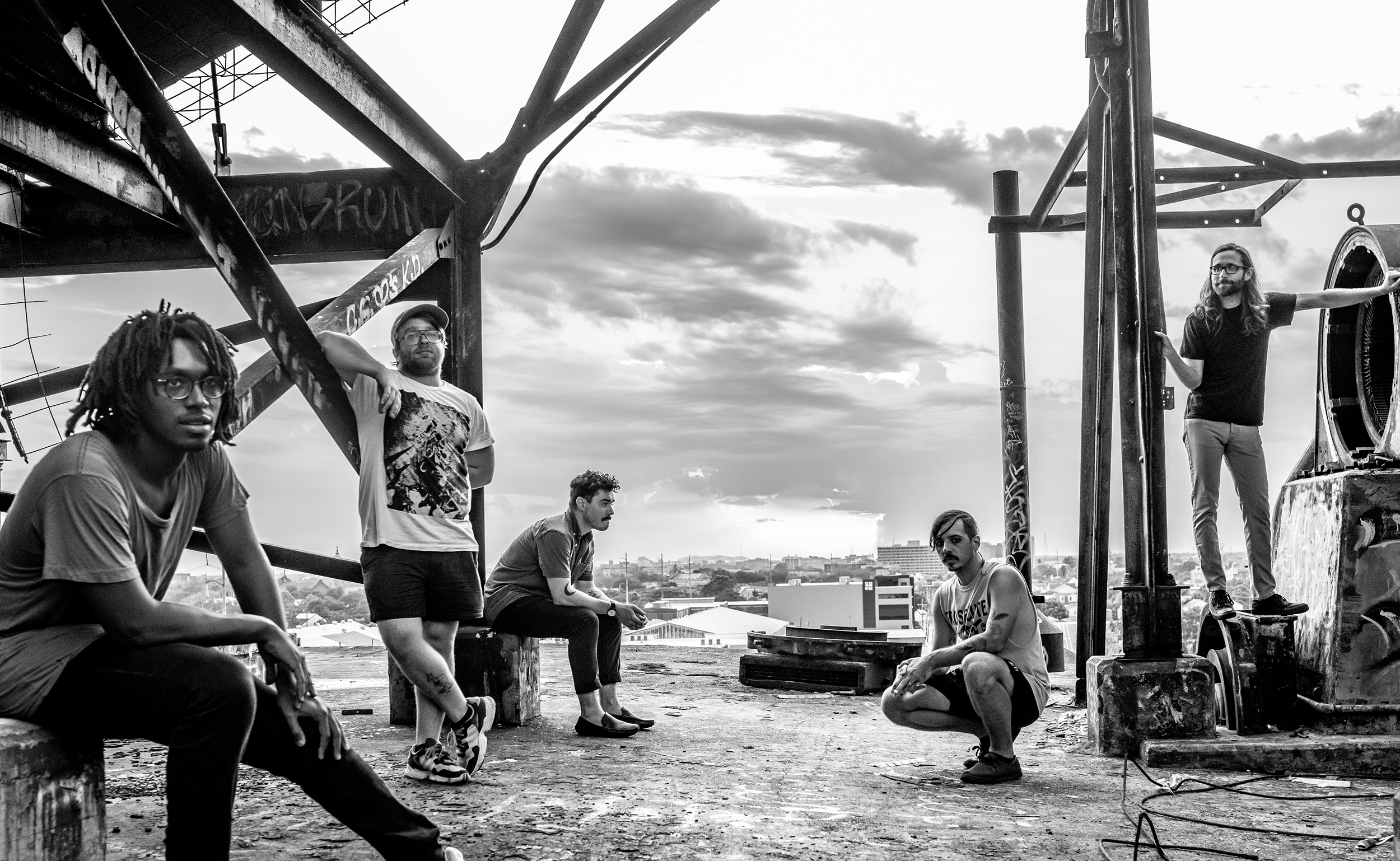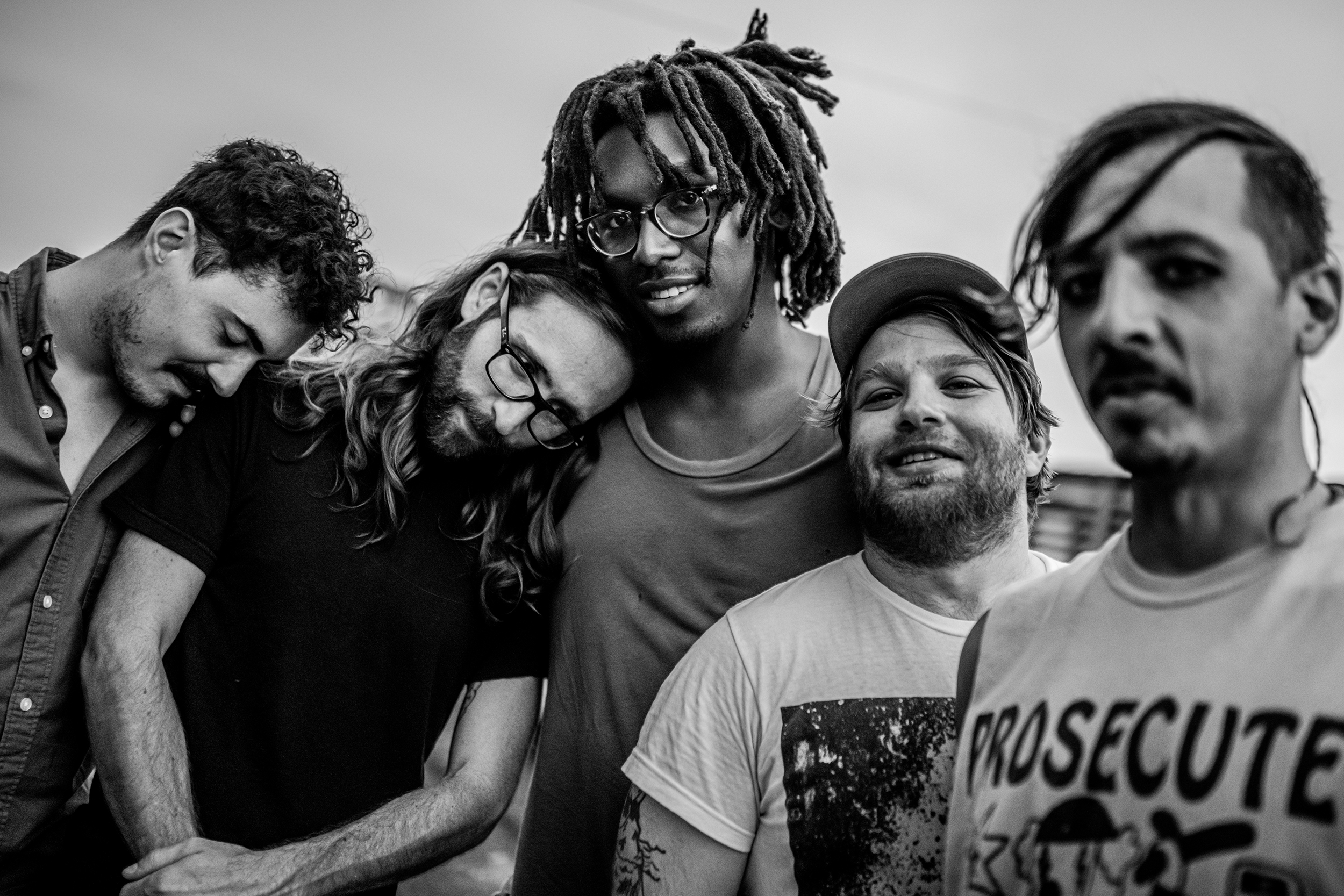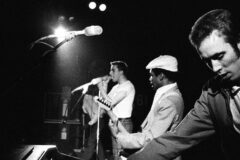A new generation of ska-punk bands has a message for you, Rudy, and it’s all about unity.
Embracing the 80s British ska scene’s politically charged idealism while taking musical inspiration from 90s American ska-punk, Bad Time Records is a focal point of the thriving ska-punk scene. The label has released music by We Are the Union, JER, Kill Lincoln, Bad Operation, Catbite, and the recent “Ska against Racism” compilation. According to label owner and Kill Lincoln frontman Mike Sosinski, he explicitly created the label as a ska-punk platform. “Asian Man Records puts out some great stuff, Jump Up Records does great traditional ska, but nobody had drawn a line in the sand for ska-punk. We’ve been making progressive music and preaching these ideas for a long time. Some ideas that maybe got lost in the previous generation when ska was marketed as party music. I think a lot of the music that current ska-punk bands are making is in response to that. Saying, it’s not just joke music; it’s not just party music. We have something to say. We care about our scene and our communities, and we want it to be inclusive.”
Ska-punk, like traditional punk, is built on a DIY attitude and cultivating a scene of like-minded people. Sosinski explains, “Being part of the ska-punk scene since I was a teenager, I’ve always felt like those shows were a place where the misfits could get together…I think that idea of inclusion has persisted…wanting to accept everybody and to give a big fuck you to the people who think it’s cool to keep their scene a secret club for white dudes and edgelords.”
Catbite, a ska-punk band from Philadelphia, believes diversity is one of the ska community’s greatest strengths. “There’s like these ten big bands that have been around for twenty years, but now, all of a sudden; there’s like forty newer bands… it’s all these different types of ska bands, but we’re all just lifting each other up, Catbite guitarist Tim Hildebrand said. “By doing that, we’re becoming like a big ska force with a bigger voice, and everyone has that same mentality and message. This is what ska’s about; it’s about unity.” For Catbite, blending ska with punk, rock, and soul has allowed them to tour with bands outside the ska scene and reach a wider audience. Brittany Luna, the band’s vocalist explains, “As a woman, the ska scene has been so welcoming…but we play with literally every genre. It’s more fun that way. You expand your message, expand your sound, and you might introduce someone to ska or vice versa. You might introduce a ska fan to a whole new scene. It’s a very fluid genre.”
A precursor to rocksteady and reggae, ska is a historically fluid genre, created in Jamaica during the 1950s as a fusion of American R&B, jazz, and Afro-Caribbean dance music. The earliest ska recordings by Prince Buster, Desmond Dekker, and the Skatalites combine a wide variety of musical genres, making some ska traditionalists’ objections to modern ska-punk puzzling. As Mike Sosinski put it, “When you’re playing ska-punk, maybe it doesn’t sound like traditional ska, but it carries with it that idea of diversity in the music… it’s like we’re building a house and it looks different at the foundation than it does at the top, but we’re building it together.” Dominic Minix, singer of New Orleans ska-punk band Bad Operation and a respected jazz guitarist, speaks to the roots of ska in this way, “I absolutely believe that ska is part of that Black American Music tradition because it came down from New Orleans radio to Jamaica…this is music of the Black diaspora.”
Social commentary has always been a part of ska music. Prince Buster’s “Independence Song” and “Hard Man Fe Dead” celebrate the Jamaican people’s resilience after gaining independence from Britain in 1962. “Simmer Down” by The Wailers (led by a young Bob Marley) spoke against the rising tide of gang violence in Kingston, Jamaica during the same period. During the 1970s and 80s, racially integrated British ska bands like The Specials, The Selecter, and The Beat (known as The English Beat in the United States) stood in direct opposition to the neo-fascist, white supremacist politics of the National Front and other far-right, anti-immigration groups that had taken root. They fused Jamaican ska with burgeoning new wave and punk rock to speak to issues such as unemployment (The Specials “Ghost Town”), police brutality (The Selecter “Danger”), and sexual assault (Rhoda Dakar with The Special AKA “The Boiler”). On the political roots of ska, Minix says, “I think turbulent times require people to be able to process their trauma, and ska is a vehicle through which we can do that by dance. We talk about some serious and heavy things and express it in a way that is joyous and fun. It motivates us to continue to do the work.”

Bad Times Records’ recent “Ska Against Racism” compilation was co-produced with Ska Punk Daily and Asian Man Records. It shares its name with the 1998 tour organized by Mike Park of Asian Man Records, the Chinkees, and Skankin’ Pickle, whose 1991 song “David Duke Is Running for President” was covered by Kill Lincoln on the compilation. Ska-punk legends Less Than Jake, Mustard Plug, Five Iron Frenzy, and MU330, from the original tour, contributed to the compilation album. They appear alongside newer bands representing a cross-section of today’s vibrant scene, including The Interrupters, who had a surprise chart hit with their 2018 single “She’s Kerosene,” and JER, the solo project of Jeremy Hunter of the Skatune Network, who has introduced a wider audience to ska-punk through their popular YouTube channel.
As the audience for ska-punk grows, its DIY infrastructure may become strained, but Sosinski and others are working to make sure its message remains clear, “All the bands we’ve toured with, played with, done compilations with, have always been progressive, political-minded bands. It’s not a new thing for this generation of ska-punk bands. We’ve always been vocal about anti-racism, anti-homophobia, anti-transphobia, and I think now with the platform building that voice is getting louder.” Born in Jamaica, ska has become international music, expressing the joys and troubles of diverse communities through a common groove, and maybe that’s what the world needs right now.





